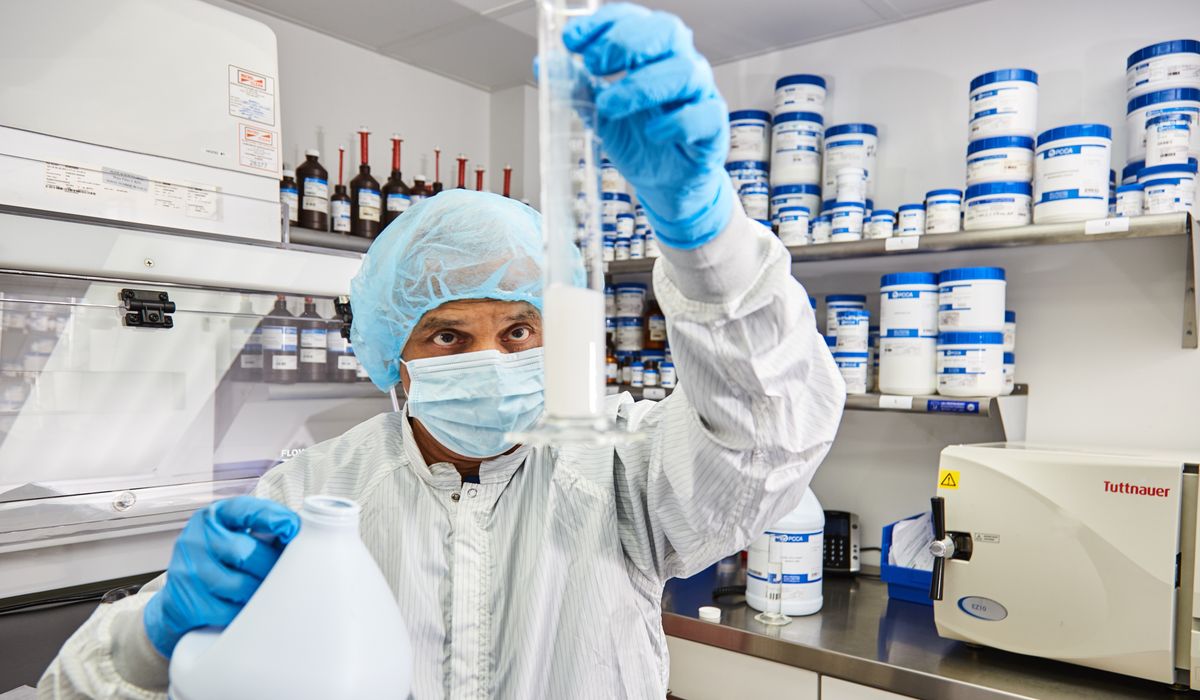Seriously? Yesterday, on a now deleted thread, you basically accused me of only caring about the impact due to my 401k and in the post I'm responding to now, you repeatedly mention the Dow, as if that's even a measure of economic activity (and to be clear, I don't give a flying fuck about the Dow, as it will be the first thing to recover, long before some middle class guy that lost his job and house and maybe even his family). Another poster here complained that we only care about economic downturns when they hit the wealthy, as if those on the lower rungs of the economic ladder might somehow avoid this calamity (the wealthy are always the last hit by an economic downturn). Yet another poster was unequivocal that total shutdown was the only solution, economic consequences be damned. And one poster flippantly stated that if the economy can't take this kind of shutdown, well then, it just wasn't a very good economy in the first place ... harumph.
While concern about the economic impact varies among the posters on this thread, the four of you I have interacted with the most on this thread, as noted in the previous paragraph, have absolutely understated the economic impact and have been more than merely dismissive of those concerns. You guys have acted like any concern regarding the tradeoffs of this is to ignore the seriousness of this virus, and that all other concerns must be brushed aside, no matter what the incoming data says.
I don't know if this will impress anything on you, but take a look anyway at these historical numbers for weekly unemployment claims dating back to 2004:
View attachment 35170
Remember the financial meltdown in 2008-2009? Remember when that was economic armageddon? Remember how scared everybody was then? Those new unemployment claims are nothing but a blip on this chart compared to the last two weeks.
I flatly reject your characterization of my alternative as "half measures." That's saying rejecting the use of a sledgehammer for a fly swatter to kill a fly is half measures. I merely suggest we evaluate the pros and cons of both sides of any response and pick one that is effective while minimizing the collateral damage. The current response is exacerbating the collateral damage, and badly so. That damage, if we continue on this course, will be with us long after this virus is nothing but a memory.
We have more than enough data now to know that our response can be adjusted. While the chance is not zero that someone who is young and healthy will get sick from this virus, we have more than enough data to know that those chances are still very small - probably no worse than their chances of dying in a car accident, which is a risk most of us take every day. Furthermore, when people develop an immunity to the virus, they also become a dead end for the virus to propagate. And we know, from actual data now, that most of the non-vulnerable populations don't even develop symptoms. The virus isn't any real danger to them. They can get back to work and help reduce the economic impact of the virus.
We also know who the vulnerable populations are, and we can quarrantine them until the virus has largely burned itself out. You can keep the healthy people who might be spreaders away from the vulnerable, while taking extra care for those that must deal with the vulnerable. We can recognize that to these people, yes, the virus is very dangerous, and we can make sure anyone who works with them has masks, gloves, and so on.
Furthermore, there is a developing consensus on chloroquine as an effective treatment for the virus:
An international poll of more than 6,000 doctors released Thursday found that the antimalarial drug hydroxychloroquine was the most highly rated treatment for the novel coronavirus.

www.washingtontimes.com
This is not some new, experimental drug. It's old, well known, its interactions with other drugs are known, and it's safe. There have been multiple tests with this drug against the virus, and they are overwhelmingly returning good results. Upthread I posted the results from one doctor in New York who at the time had treated 699 patients with the virus with a success rate of 100%. So now we have something else in our arsenal to fight this virus.
We don't have to nuke our economy to fight this virus. We can take it seriously and still also do what we can to reduce the economic impact. Right now we are administering a cure that is worse than the disease and will leave us sicker for a much longer time if we don't reverse course.





